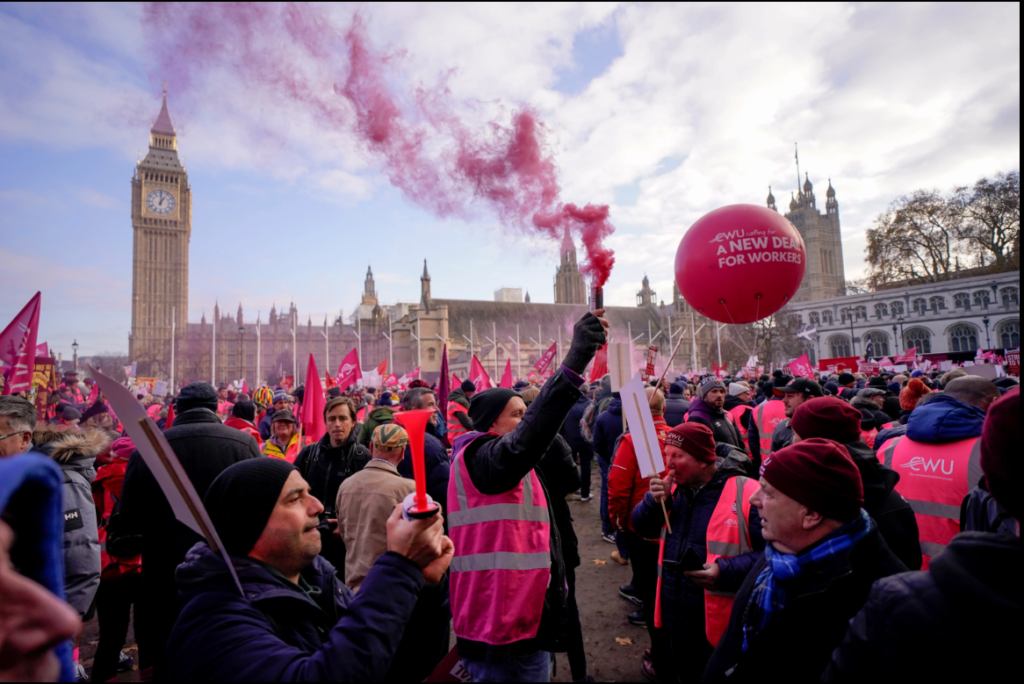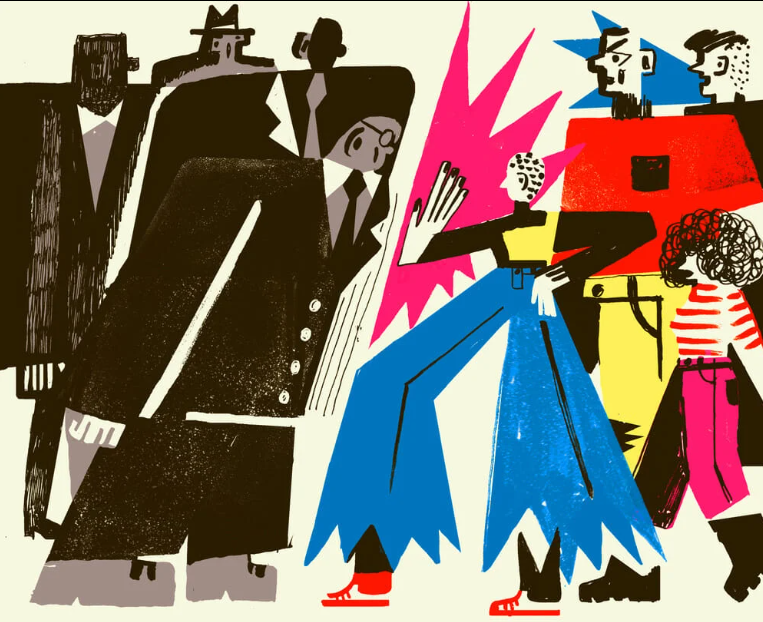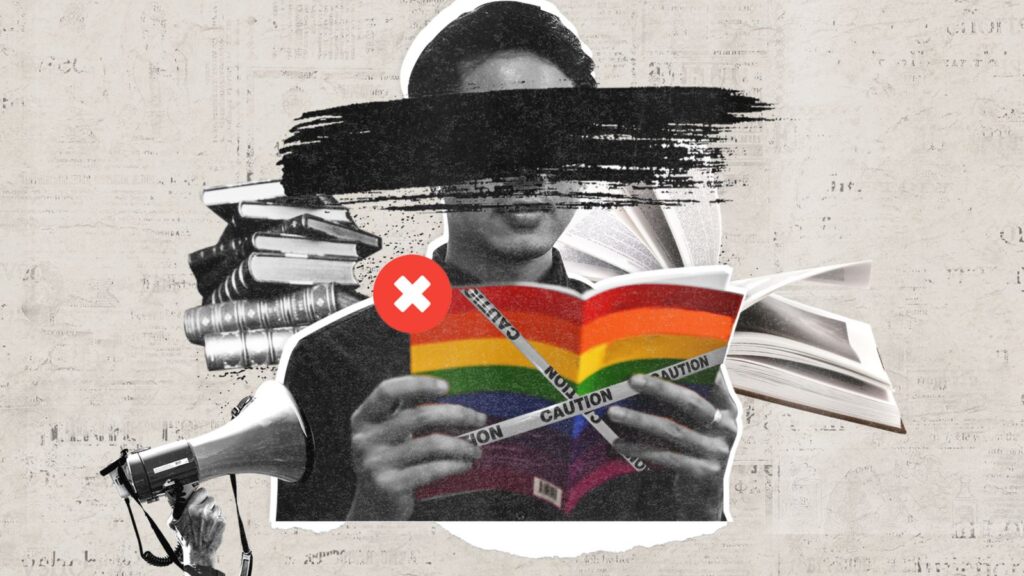Definitions and other words that associate with identity politics and culture wars

Identity Politics: A wide range of political activities and theoretical analyses rooted in experiences of injustice shared by different, often excluded social groups. This term was coined by the Combahee River Collective in 1977, it later took on a widespread of usage in the early 1980s, then it had gained currency with the emergence of social activism.
The identity politics’ aim is to support and center the concerns, agendas, and projects of particular groups, in accord with specific social and political changes.
Some examples of volatile issues that are usually addressed in identity politics is abortion, homosexuality, transgender rights, pornography, multiculturalism, and racism.

Social Activism: Working with other people to bring about a change in society. It aims to defend human rights wherever they are threatened or violated, and at whatever level.
It has played a huge role in ending slavery, challenging dictatorships, protecting workers from exploitation, protecting the environment, promoting equality for women, opposing racism, and many other important issues.
Some examples of this being seen is in a protest, strikes, petitioning and so on.

Social Injustice – The unequal treatment of a group of people within a society, which results in one group being at a disadvantage.
Some examples of social injustice are discrimination, income gaps, racism, food insecurity and many more.

Culture Wars: A conflict between groups, especially liberal and conservative groups, that have different cultural ideals, beliefs, or philosophies.
An example of a culture war is the controversy over gay rights and homosexual marriage.

Marginalization – It is the treatment of a person, group, or concept as insignificant or peripheral.
Examples of marginalized populations include groups that are excluded due to race, gender identity, sexual orientation, age, physical ability, or language.
Own view on identity politics and culture wars

I believe there are many positives and negatives with identity politics and culture wars, some of which have a huge impact of society.
One of the positives are that identity politics are an effective strategy to combat discrimination and marginalization. It helps people who are more exposed to hate and discrimination get equal rights or at least have their voices heard. These political debates challenge established views on equality and bring about an alternative demand for identity-based equity as a better approach.
These debates demand that the world becomes more equal. It threatens people in power and forces them to make a change because it destabilizes their control over people.
On the other hand, identity politics identifies and addresses the differences between people which could prevent people with, for example, different backgrounds, ethnicities, identities or experiences find commonality between the rest of society. It also primarily focuses on experience.
A negative that comes identity politics is culture wars. These wars tend to result in violence and conflict because of miscommunication or tension build up from opposing social groups who often have different ideas and beliefs.
I think identity politics helps people who suffer from discrimination and marginalization get their voices out and be able to fight for equal rights, but it can lead to consequences such as violence and criminal activity and because of different beliefs and views about certain subjects like abortion.
Hyperlinks and sites used:
https://www.theguardian.com/commentisfree/2018/jul/14/identity-politics-right-left-trump-racism

Add a few images and hyperlinks to videos > you can use some from our planning blog post